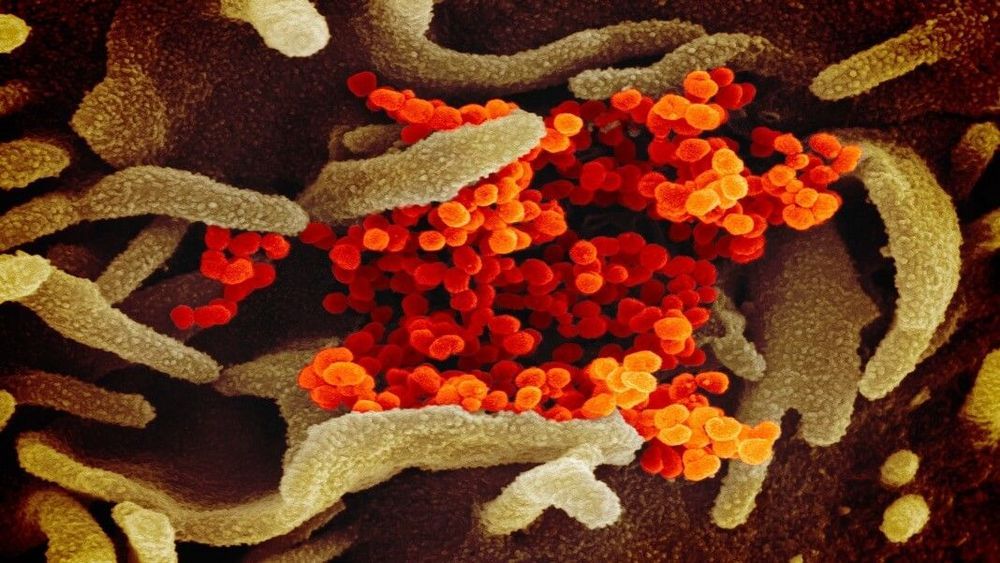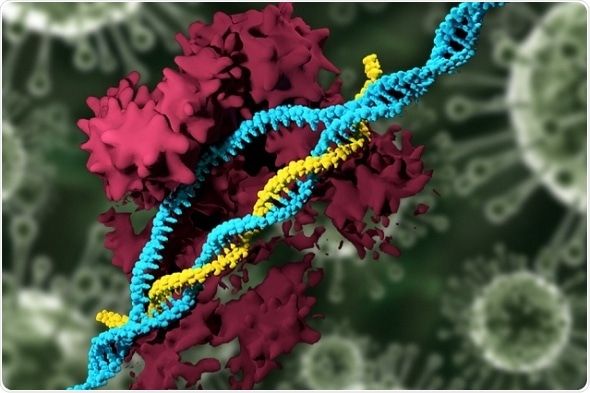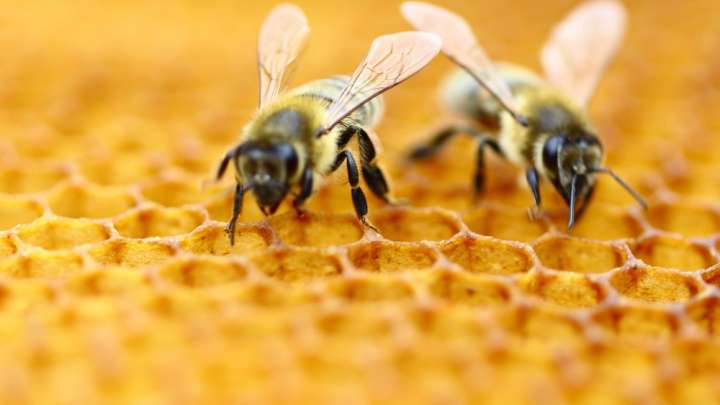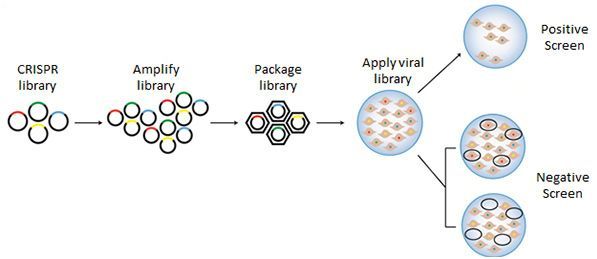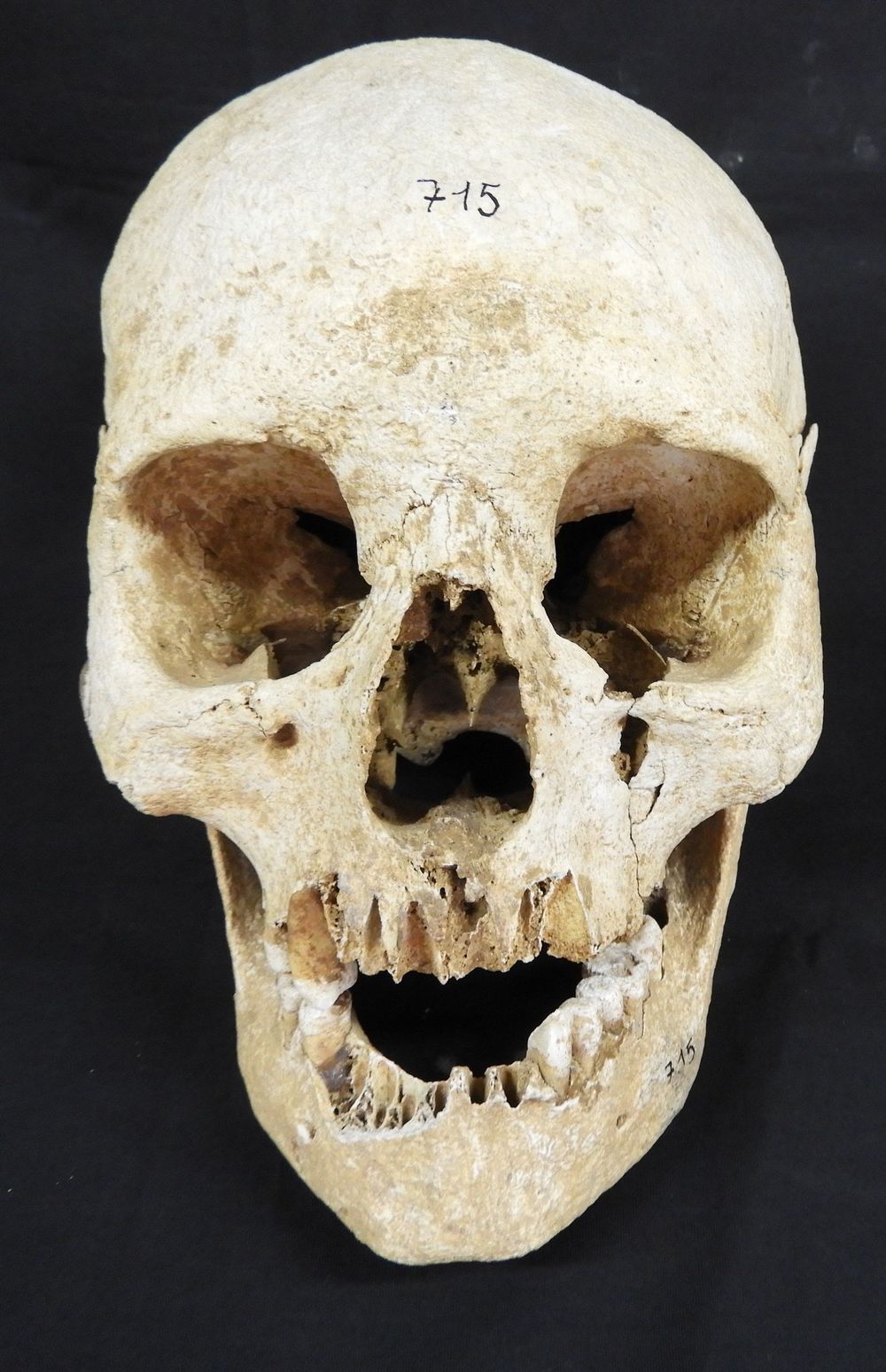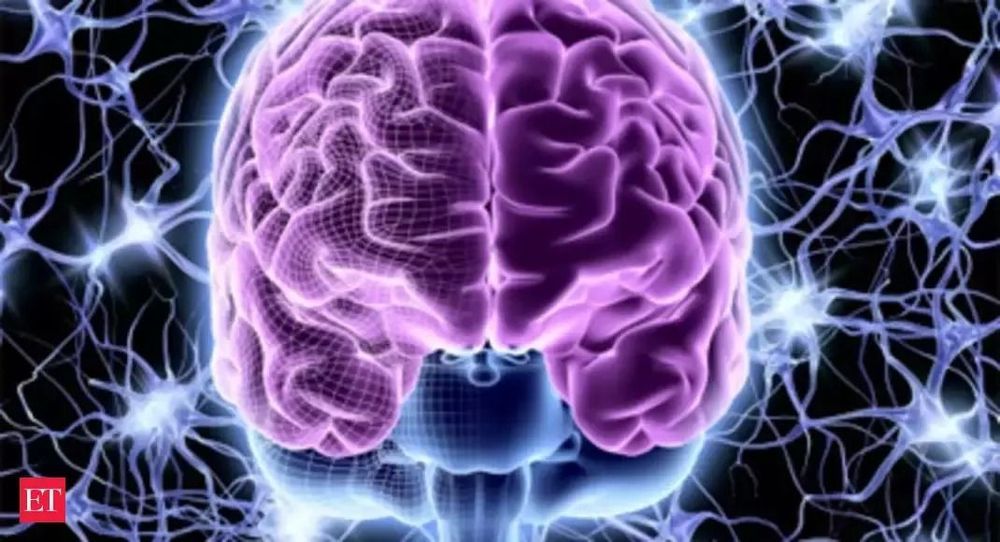The very nature of the human race is about to change. This change will be radical and rapid beyond anything in our species’ history. A chapter of our story just ended and the next chapter has begun.
This revolution in what it means to be human will be enabled by a new genetic technology that goes by the innocuous sounding name CRISPR, pronounced “crisper”. Many readers will already have seen this term in the news, and can expect much more of it in the mainstream media soon. CRISPR is an acronym for Clustered Regularly Interspaced Short Palindromic Repeats and is to genomics what vi (Unix’s visual text editor) is to software. It is an editing technology which gives unprecedented power to genetic engineers: it turns them into genetic hackers. Before CRISPR, genetic engineering was slow, expensive, and inaccurate. With CRISPR, genome editing is cheap, accurate, and repeatable.
This essay is a very non-technical version of the CRISPR story concluding with a discussion of Gene Drive[1], a biological technique which, when used with CRISPR, gives even greater power to genetic engineers. The technical details go very deep and for those who are interested in diving in, I’ve included a number of useful pointers. At the end, I will very briefly discuss the implications of these two new technologies.

